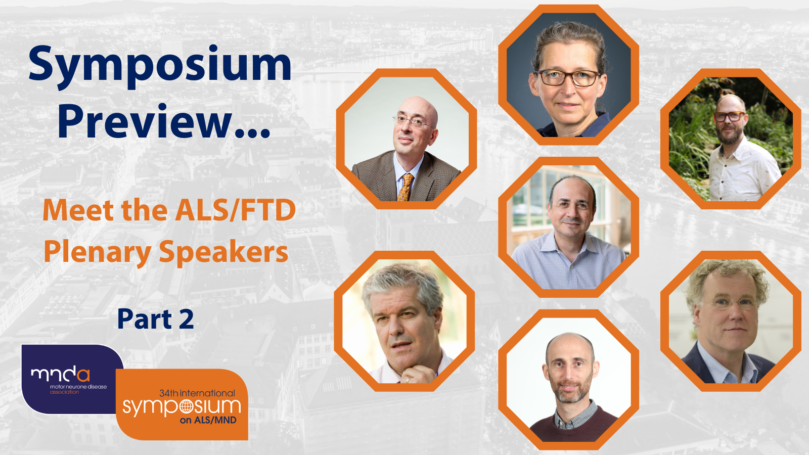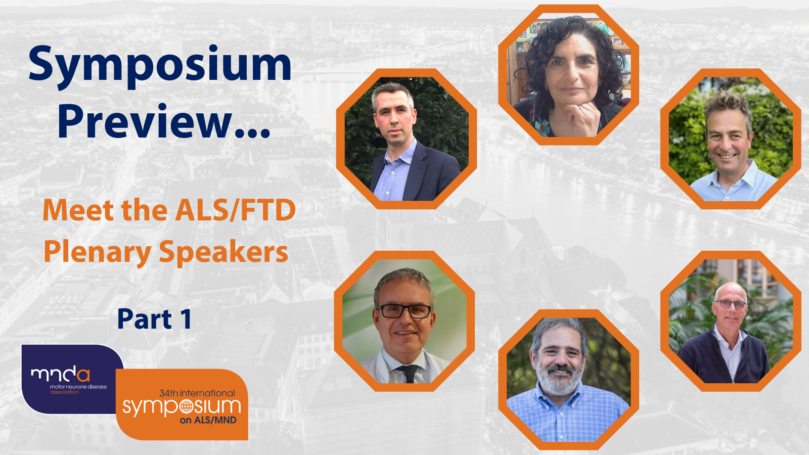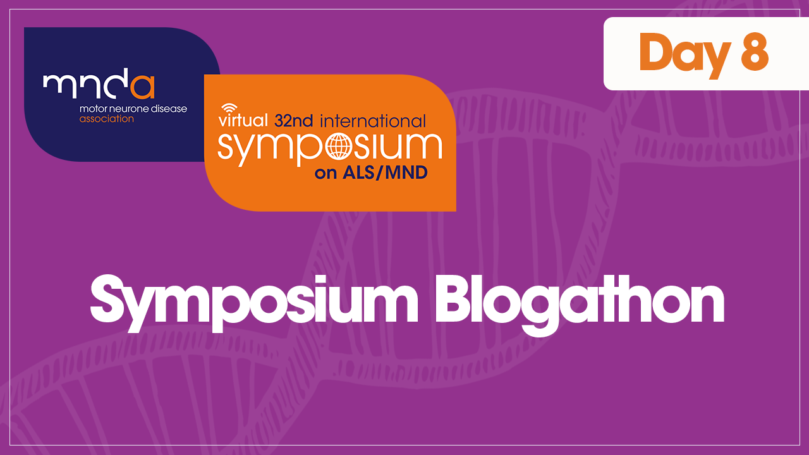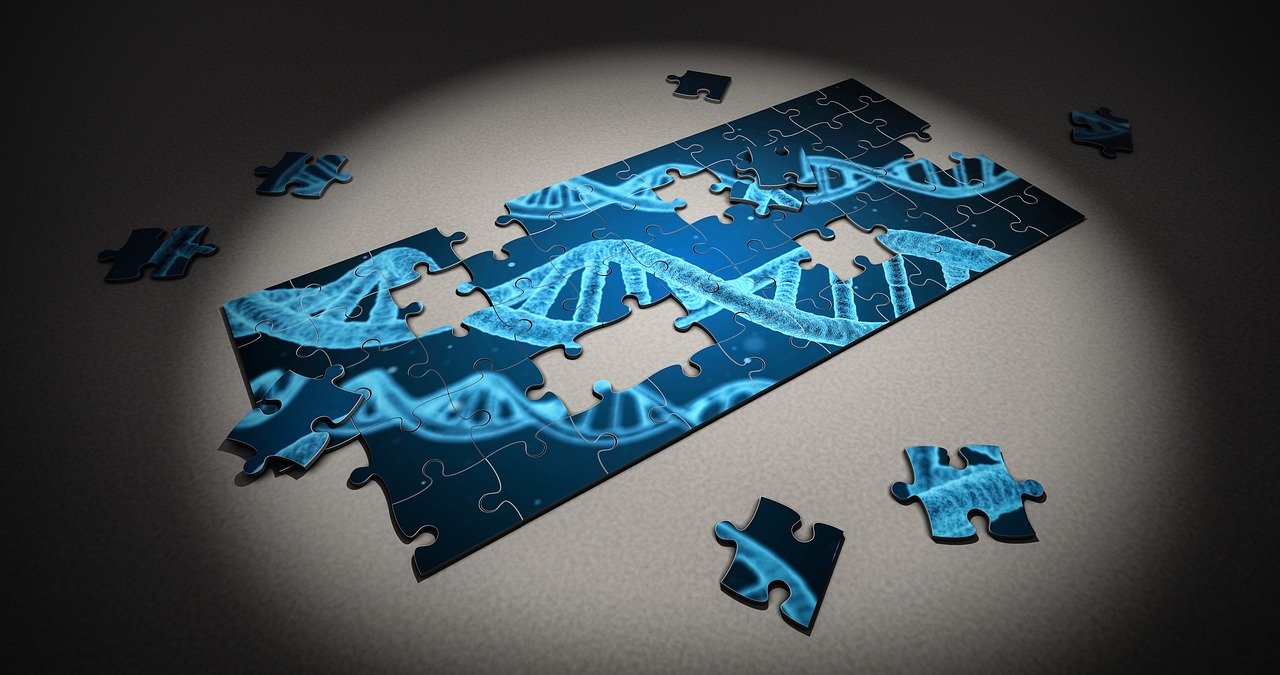
Symposium Preview: Meet the ALS/FTD Plenary Speakers…Part 2
Reading Time: 5 minutes Every year, the team works hard to build on the previous year’s success. This year we are excited to include a series of three ALS-FTD joint sessions, in collaboration with the International Society for Frontotemporal Dementias, in the programme. To give you a teaser of what is to come, we are taking a closer look at the plenary speakers in the ALS-FTD sessions at the Symposium. In this blog, we explore the topics they will be presenting and find out a little more about the speakers.




